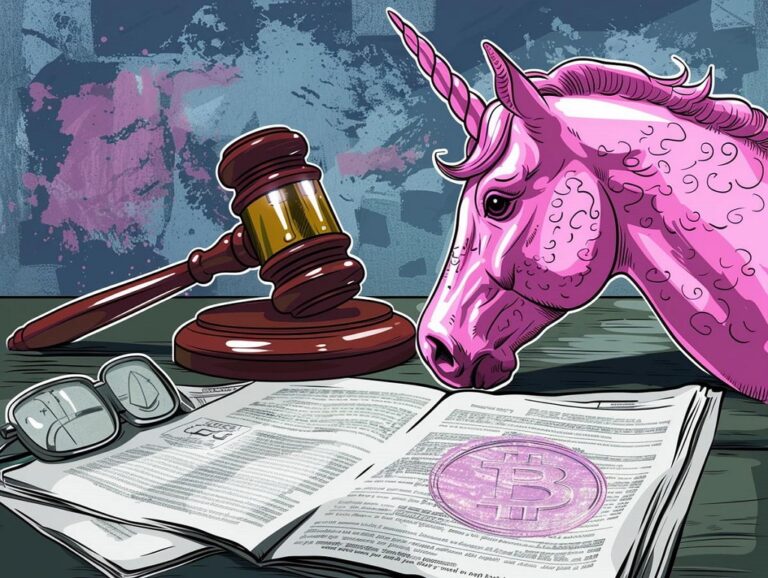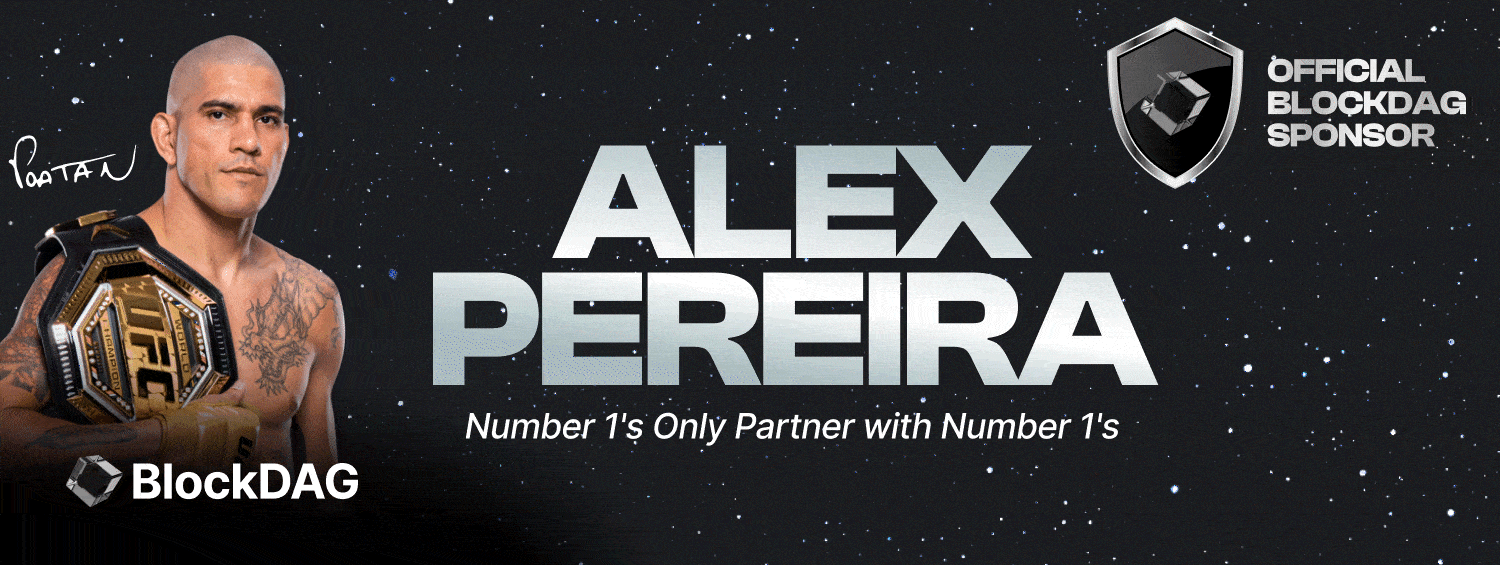The SEC’s latest move involves issuing a Wells Notice against Uniswap, a prominent decentralized exchange that has thrived amidst the DeFi boom. Regulatory scrutiny on DeFi has been ongoing, but the recent surge in participants and investments has heightened pressure from authorities.
This comes in the wake of FTX’s collapse and Binance facing substantial fines, prompting crypto stakeholders to explore alternative investment avenues. Despite these challenges, DeFi’s Total Value Locked (TVL) has surged to around $50 billion, indicating renewed optimism.
The SEC’s action against Uniswap is alarming for several reasons. Firstly, it underscores the escalating regulatory environment surrounding DeFi. Despite prior investigations leading to token delistings, the Wells Notice signifies heightened enforcement efforts. Uniswap’s distinction lies in its automated token exchange functionality via Ethereum’s blockchain, eliminating the need for traditional intermediaries. Uniswap Labs, the software developer, has maintained that it merely facilitates access to the protocol, which operates autonomously.
The outcome of this case remains uncertain, but its implications are significant. Investors should closely monitor developments in this evolving regulatory landscape.
DeFi Is On The Hot Seat
With the resolution of regulatory cases involving Binance and FTX, and amid vigorous contestation of charges against Coinbase and Ripple, the U.S. regulatory focus has shifted towards other crypto sectors. Trading products, including the approval of 11 bitcoin spot ETFs attracting significant investments, currently remain untouched. However, stablecoins face unique challenges due to dual oversight from the SEC and banking regulators, although U.S.-based issuers appear cooperative with regulatory efforts.

In this context, DeFi emerges as a prime target for regulators. This rapidly expanding sector lacks centralized lobbying efforts, making it a straightforward focus. While legitimate concerns exist, such as the prevalence of fraud and scams, attempting to fit all crypto assets into existing securities laws is seen as shortsighted and counterproductive.
U.S. Regulators Are Mandating DeFi Reporting
Throughout 2023 and 2024, it has become evident in the U.S. regulatory landscape that there is a concerted push among multiple agencies to enforce greater transparency and reporting requirements for all crypto entities. Facing a Wells Notice, Uniswap Labs will likely be compelled to disclose user and customer data to effectively respond to enforcement actions. This parallels the experiences of U.S.-based exchanges like Coinbase, which have had to provide extensive records to the IRS dating back to 2017.
Moreover, upcoming revisions to IRS code sections 6045 and 6050I indicate a continued drive by regulators to extract diverse information from all crypto operators, including decentralized exchanges and DeFi platforms. Even established centralized exchanges have voiced concerns and anticipate challenges in compliance. Consequently, DeFi and DEX operators should anticipate legal and operational hurdles as regulatory changes come into effect.
Less Anonymity Is Coming…
A noticeable trend across the cryptoasset industry and associated assets is the diminishing anonymity historically linked with cryptocurrencies. Even bitcoin, once synonymous with anonymity, has transitioned into a centralized trading instrument through ETFs issued by major traditional finance institutions. Additionally, stablecoins are gaining traction, with states like Wyoming exploring the development and issuance of stable tokens, while regulatory pressures further erode anonymity.
The waning anonymity in the cryptoasset space is a contentious issue, yet it appears inevitable as cryptocurrencies become more intertwined with traditional finance. Legal actions and regulatory enforcement are becoming commonplace for crypto investors, underscoring the need for all market participants to closely monitor developments, particularly the unfolding Uniswap case.


























